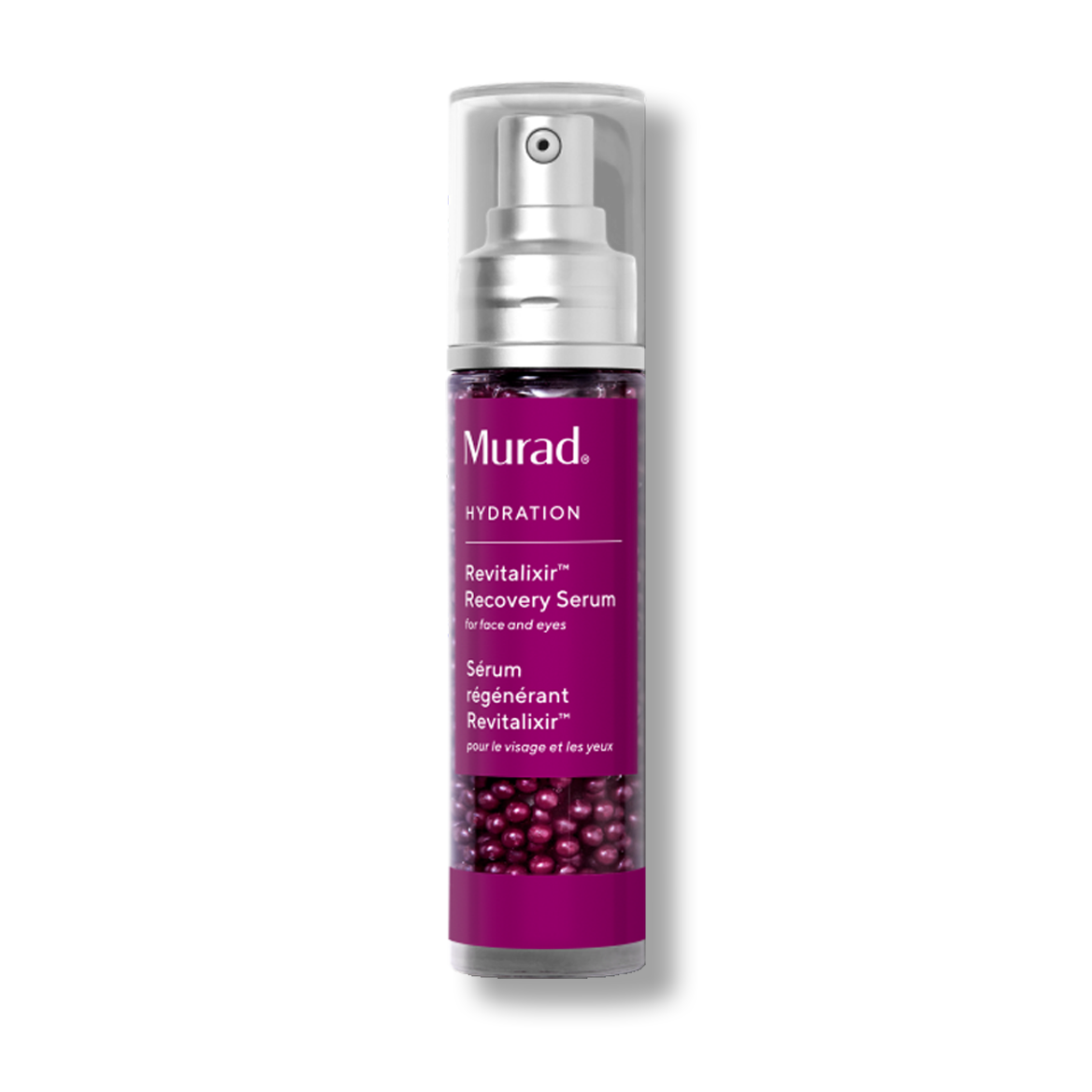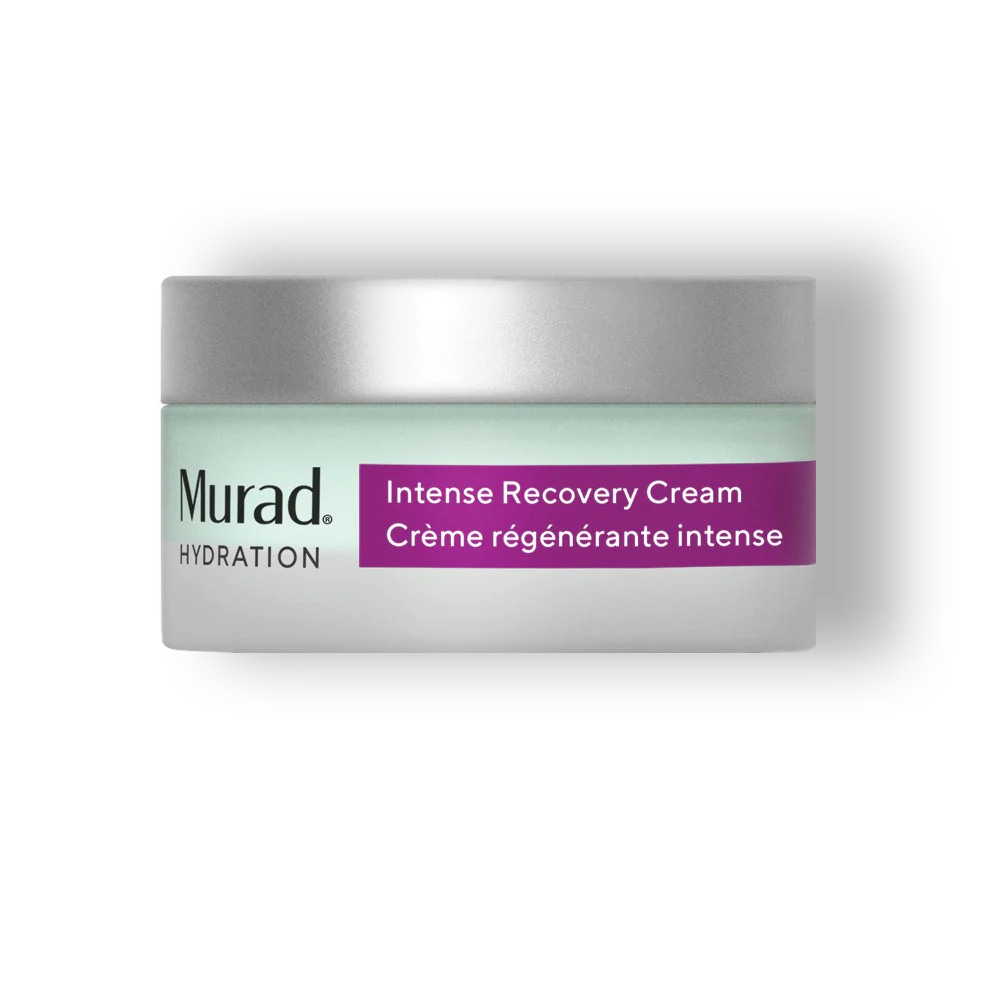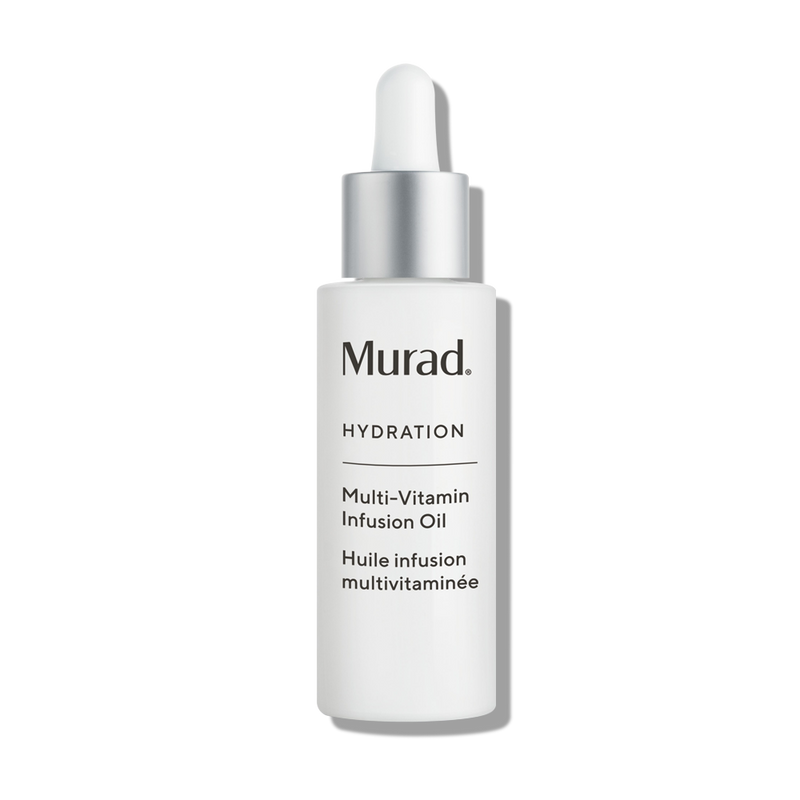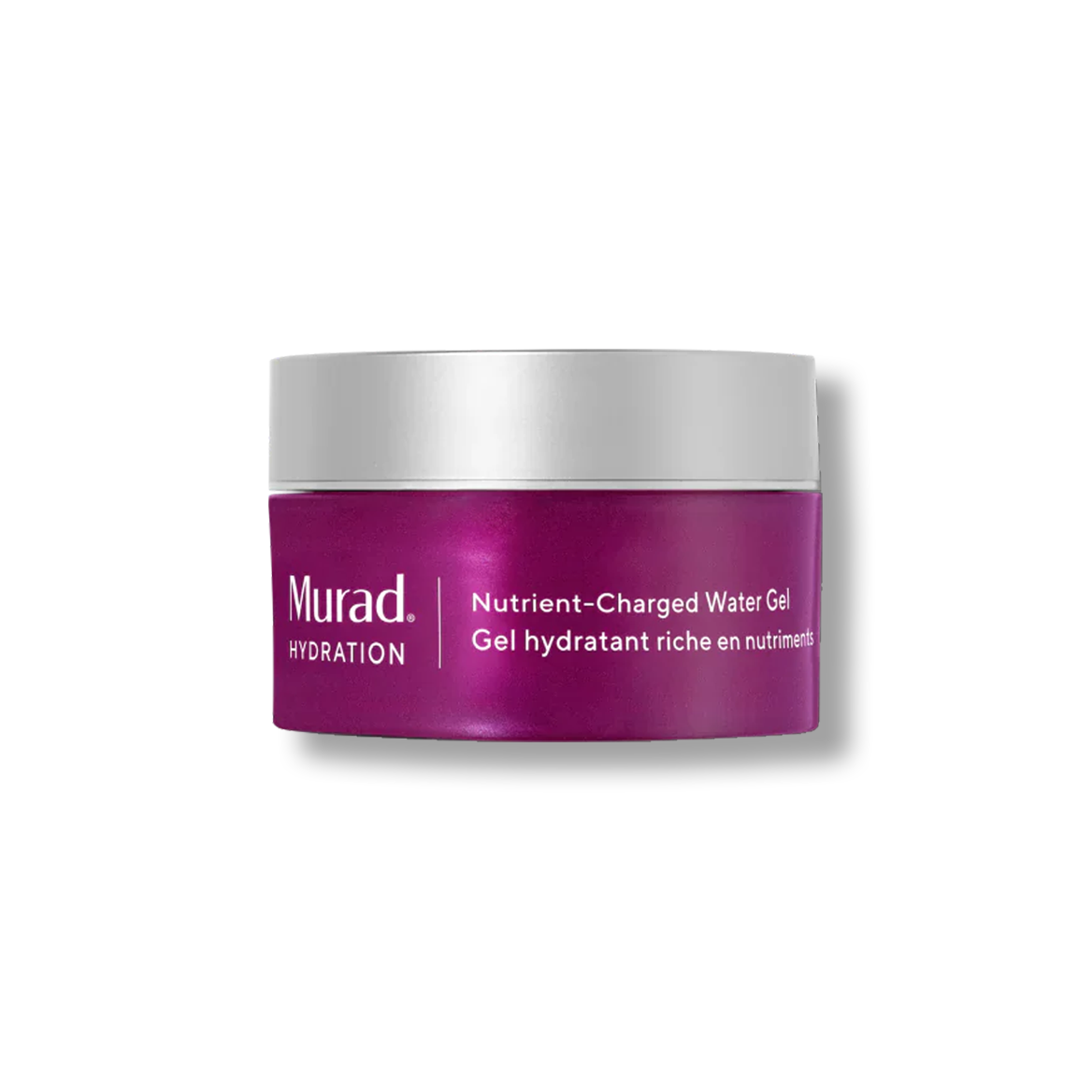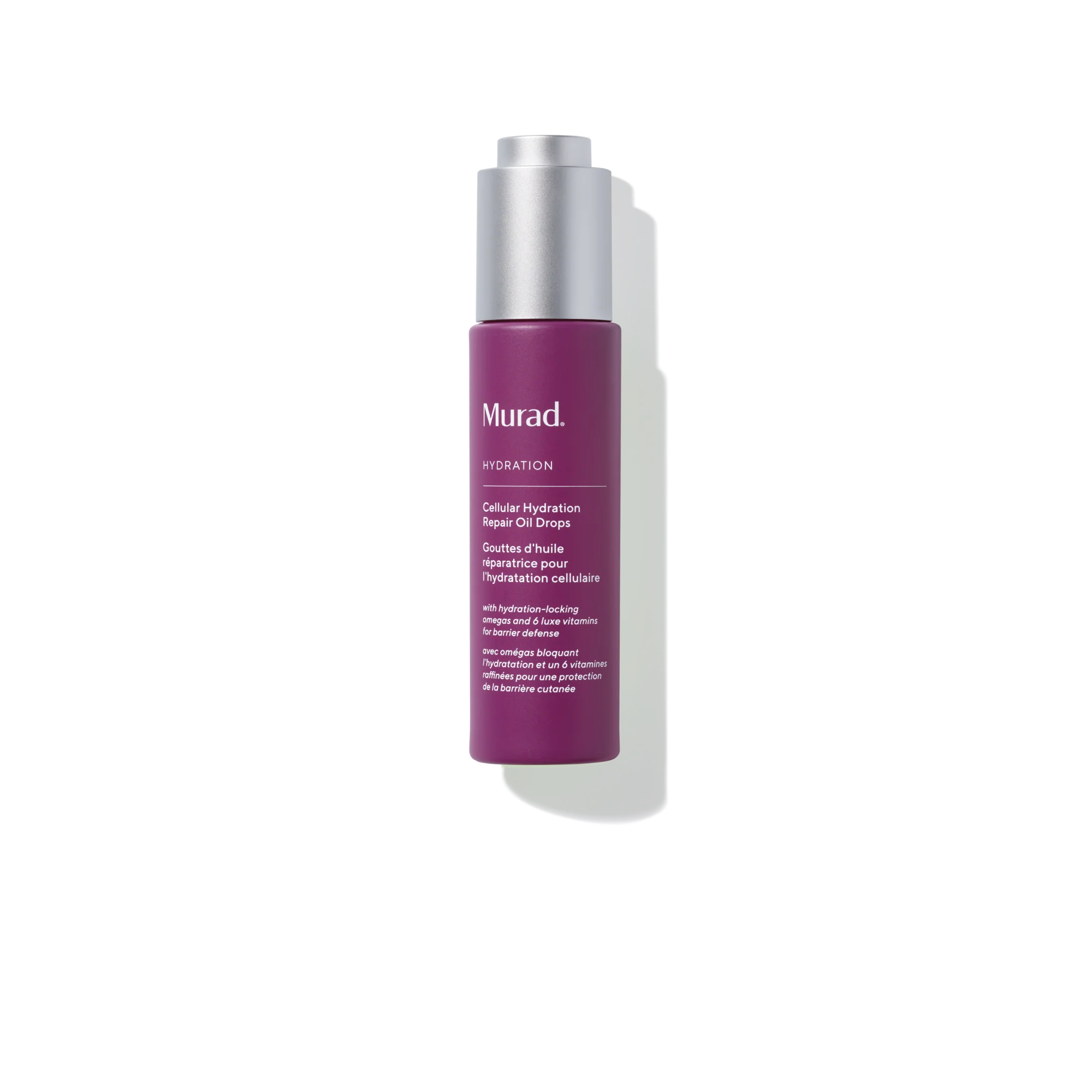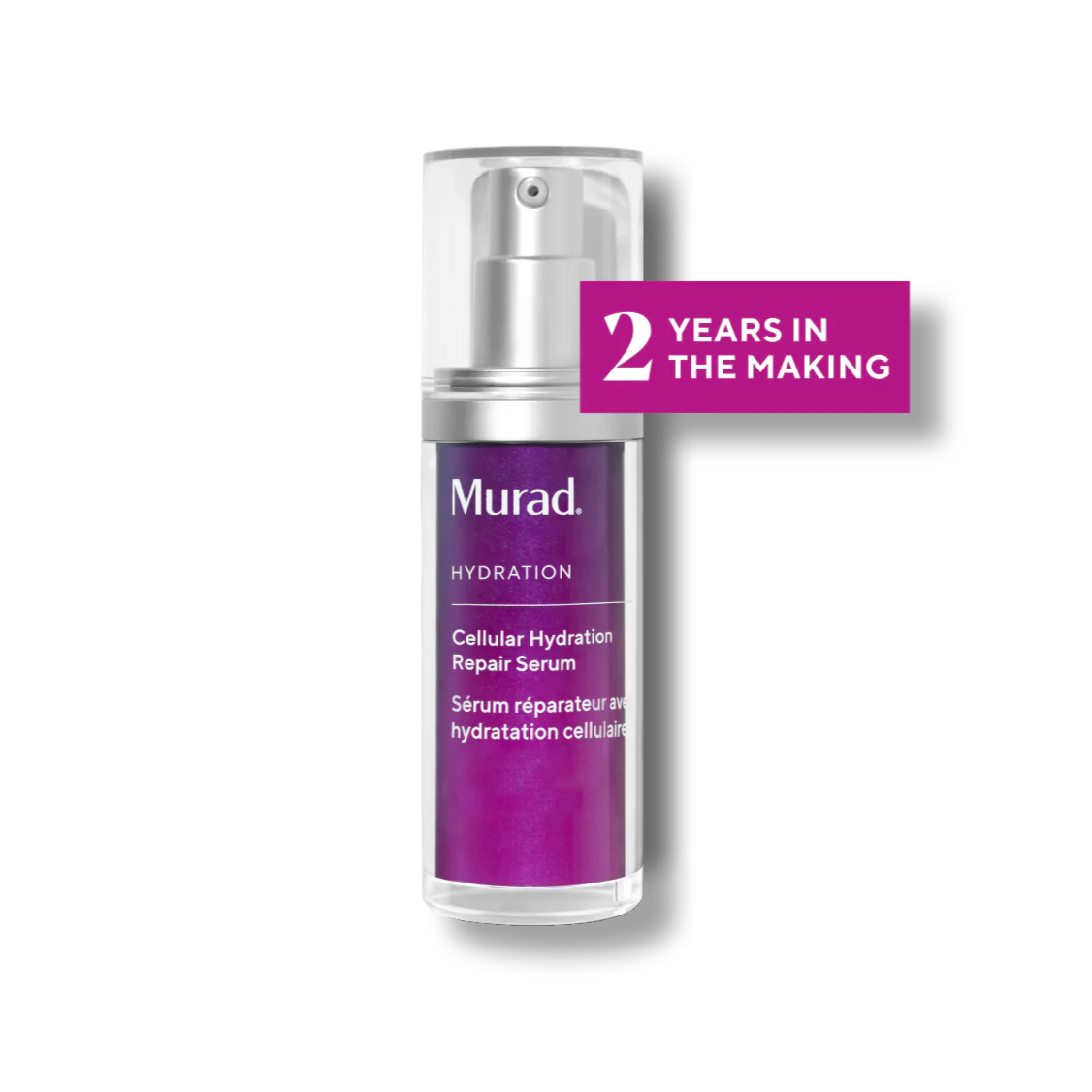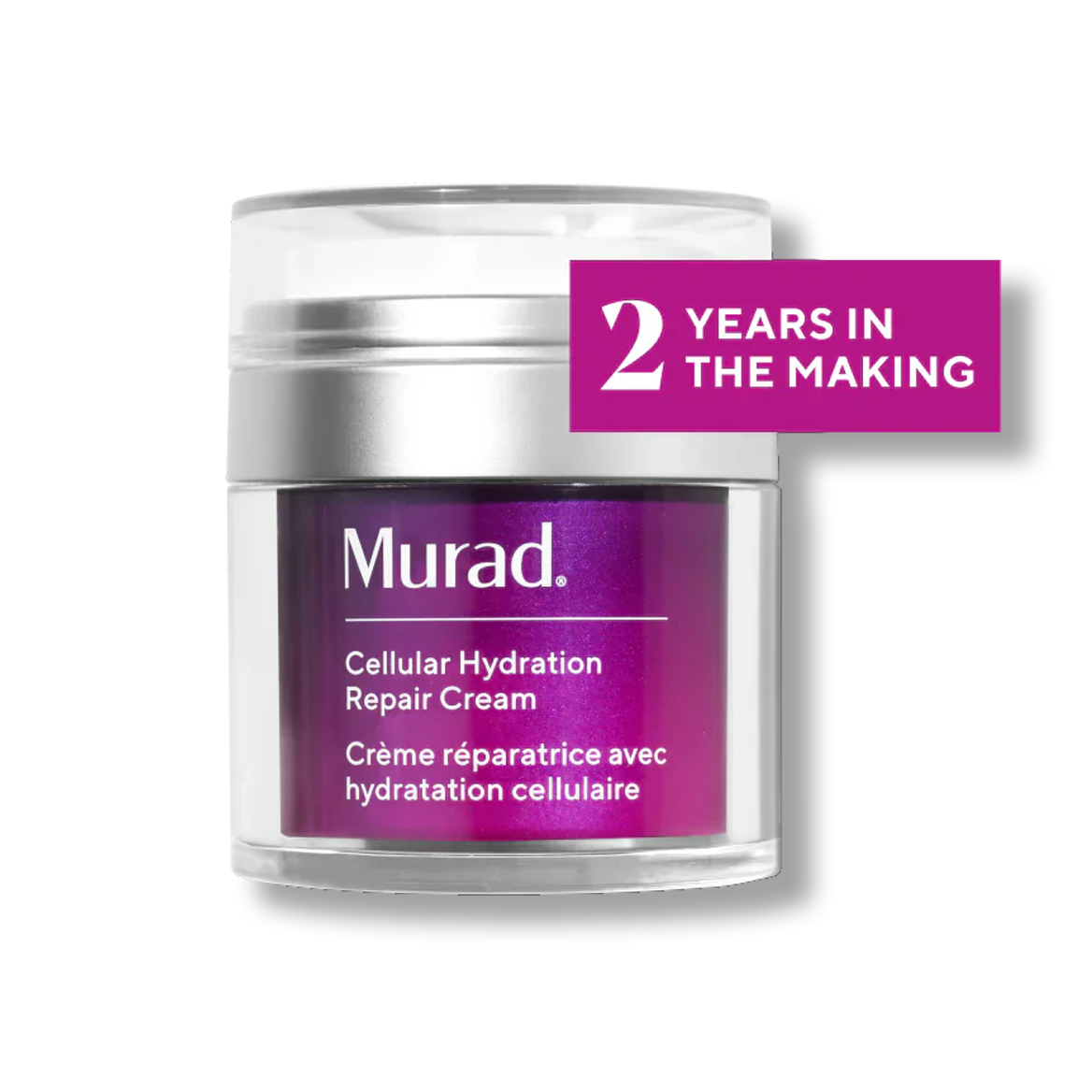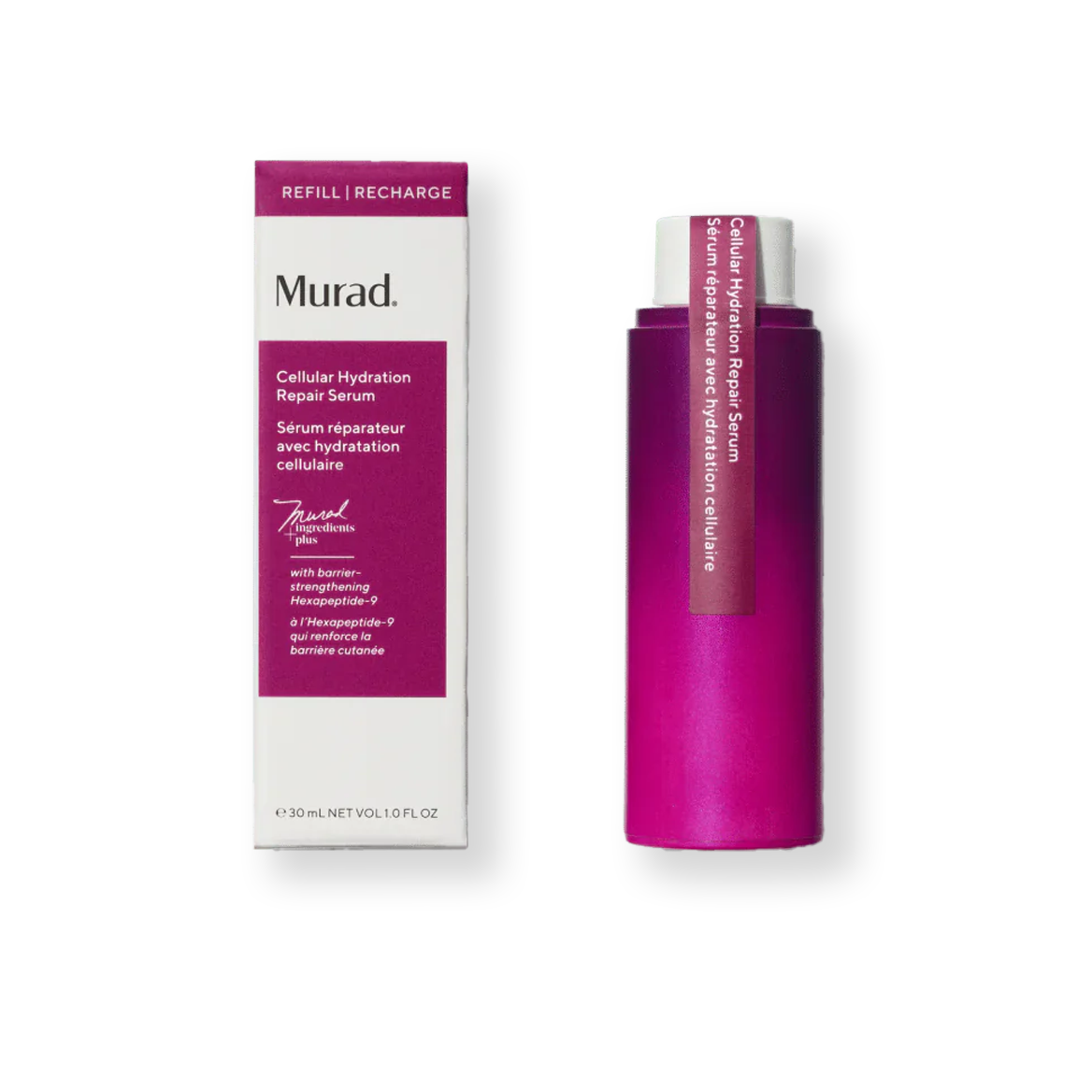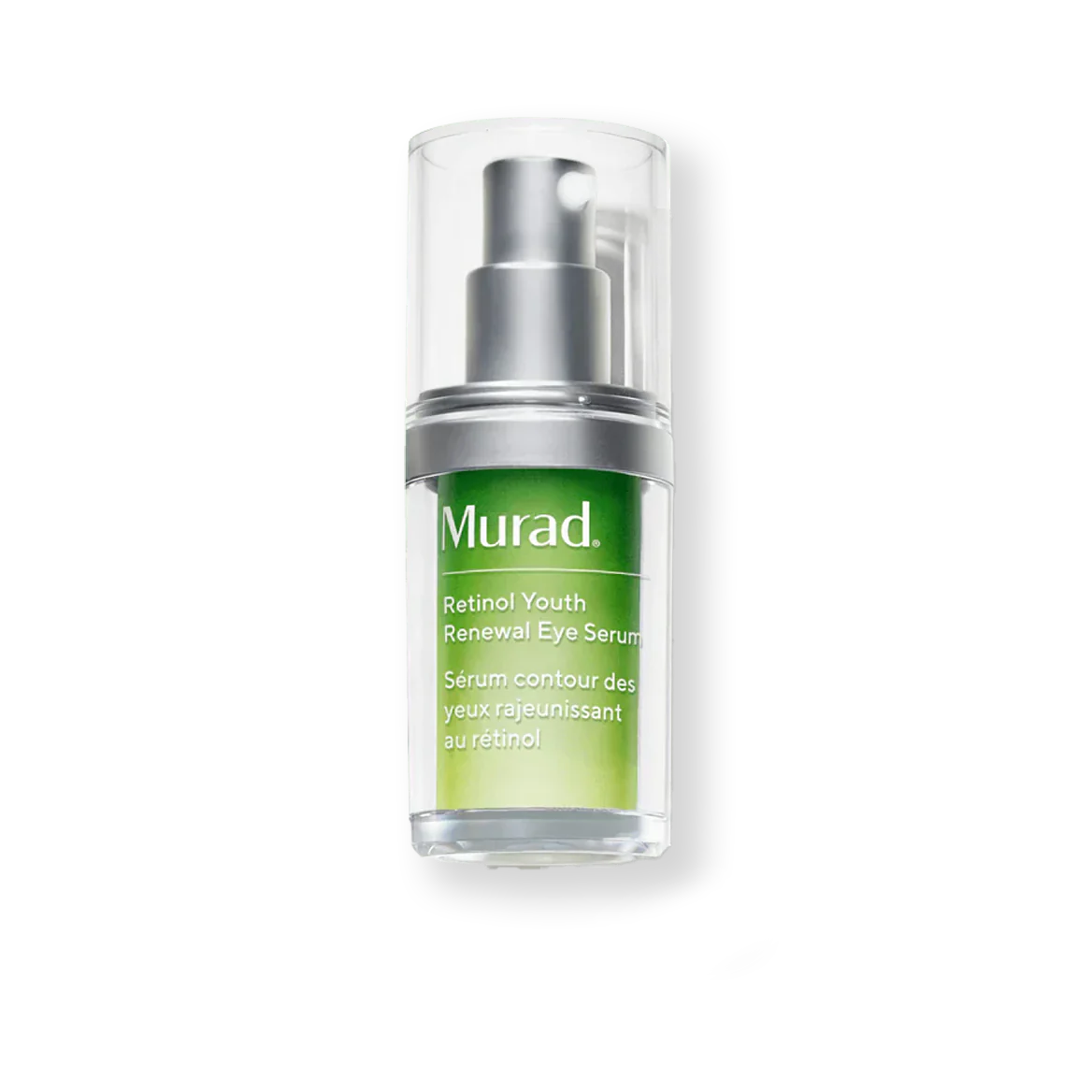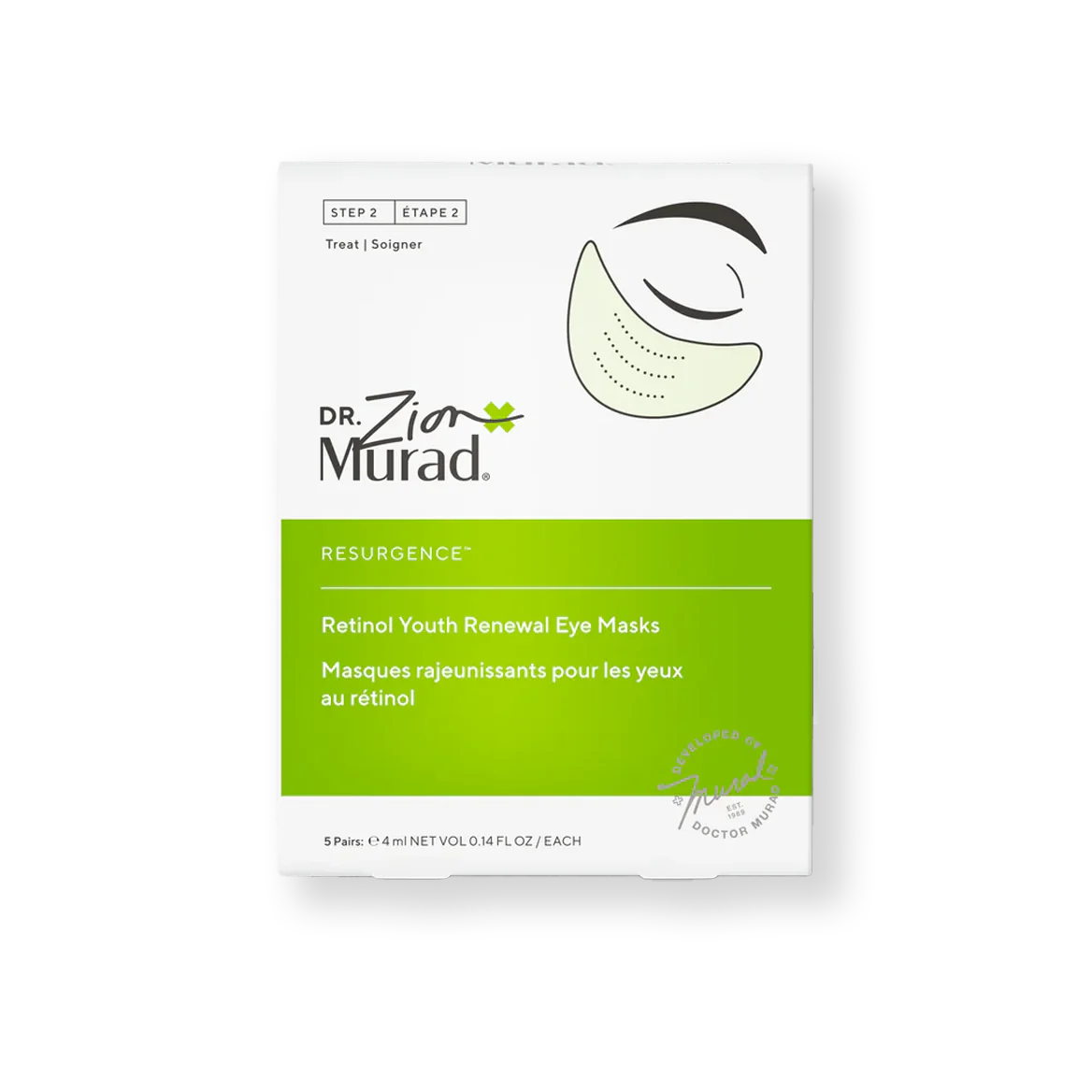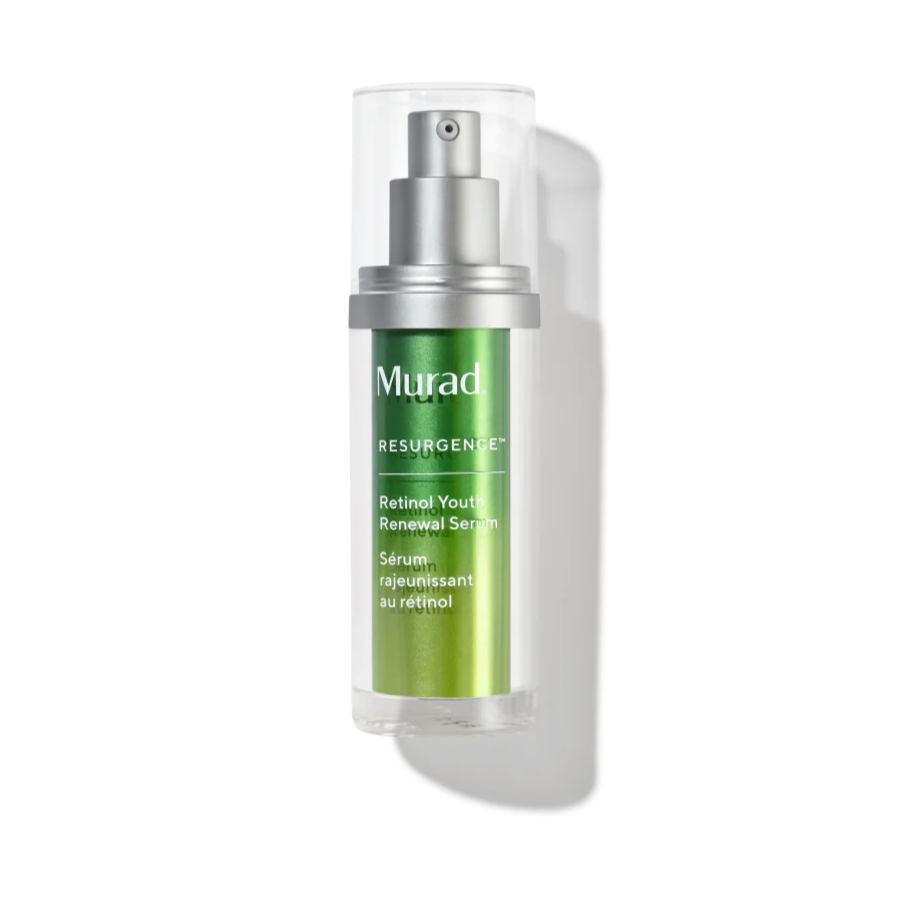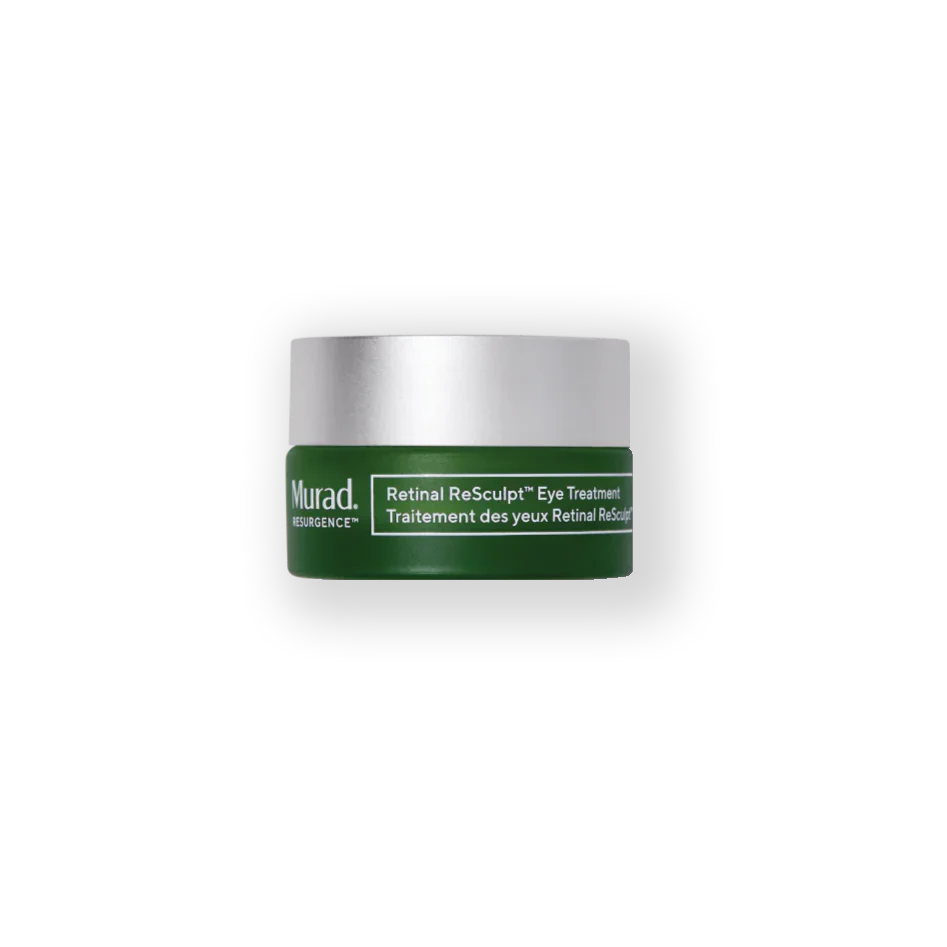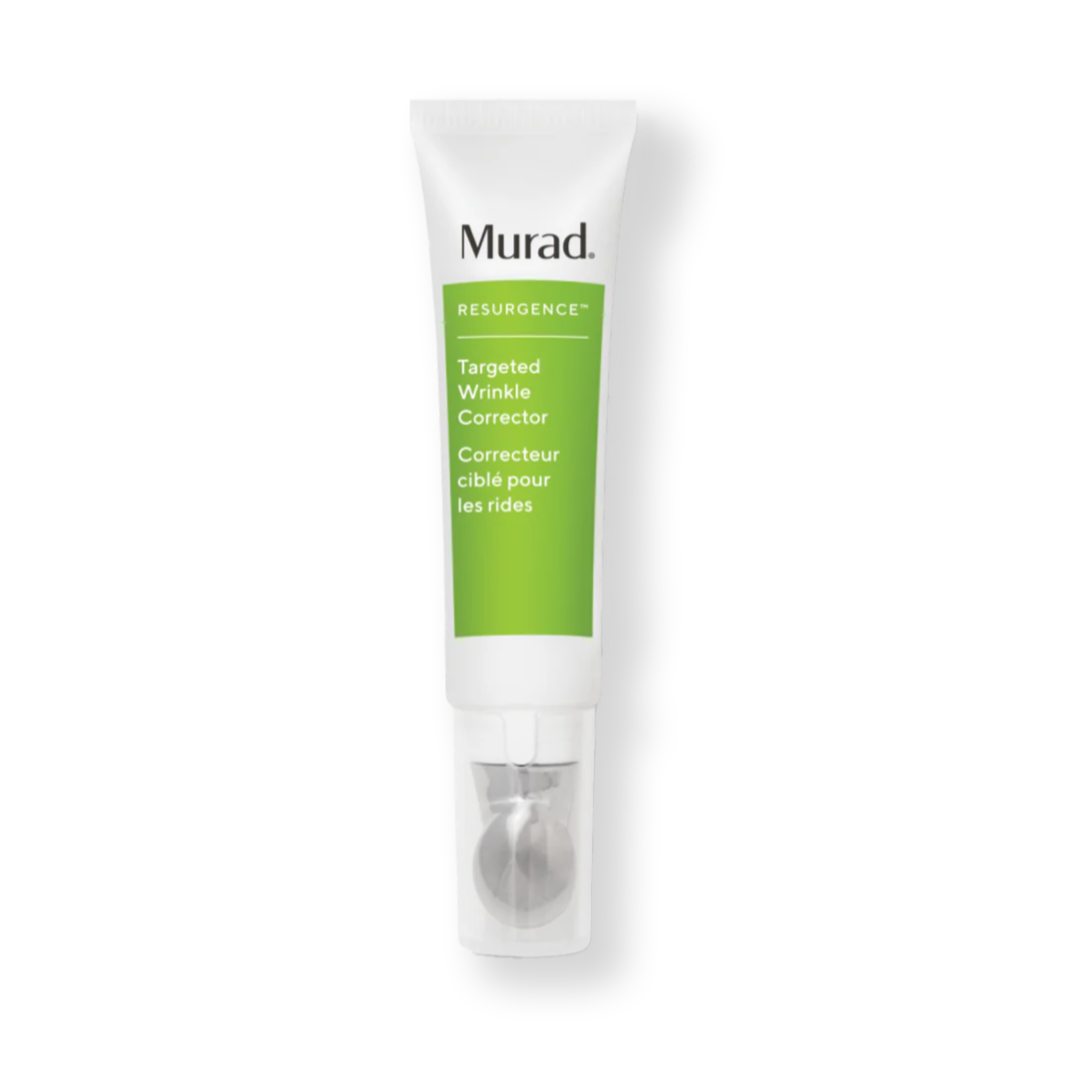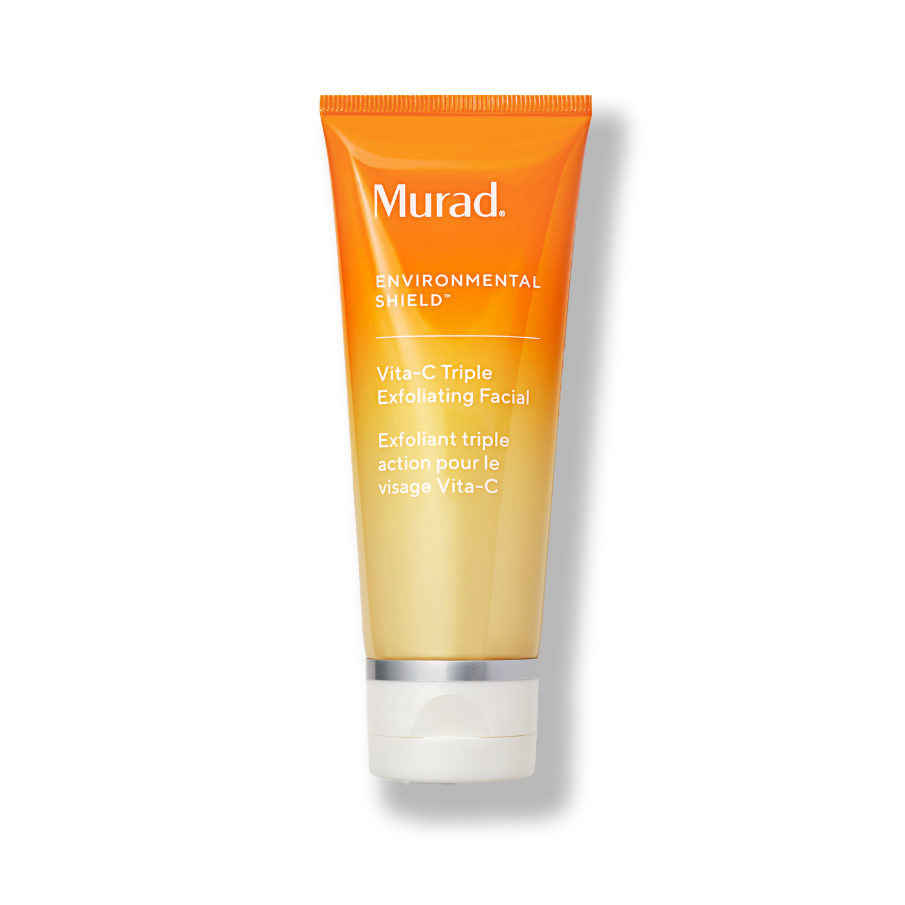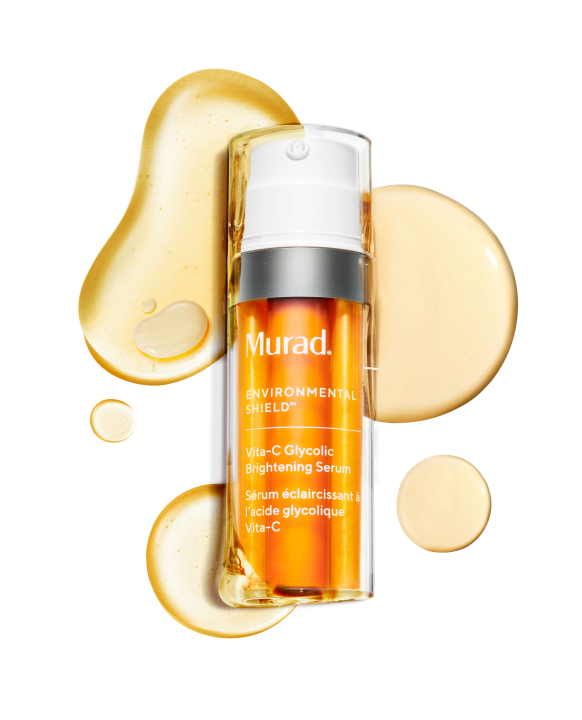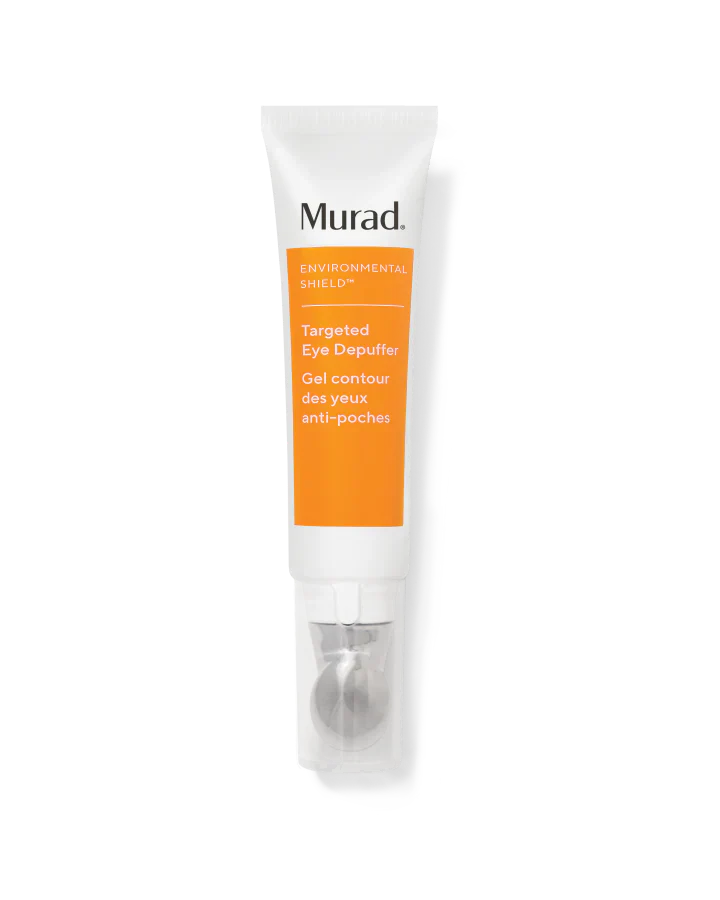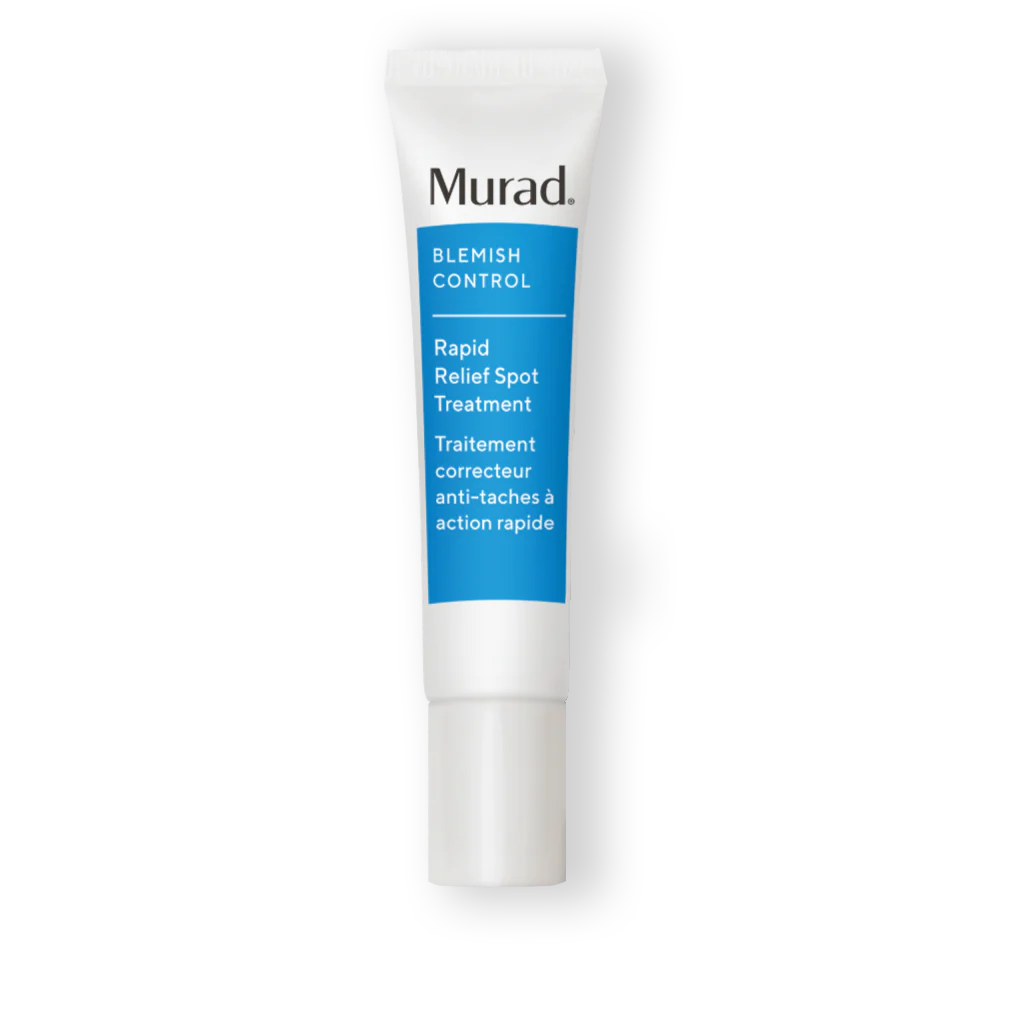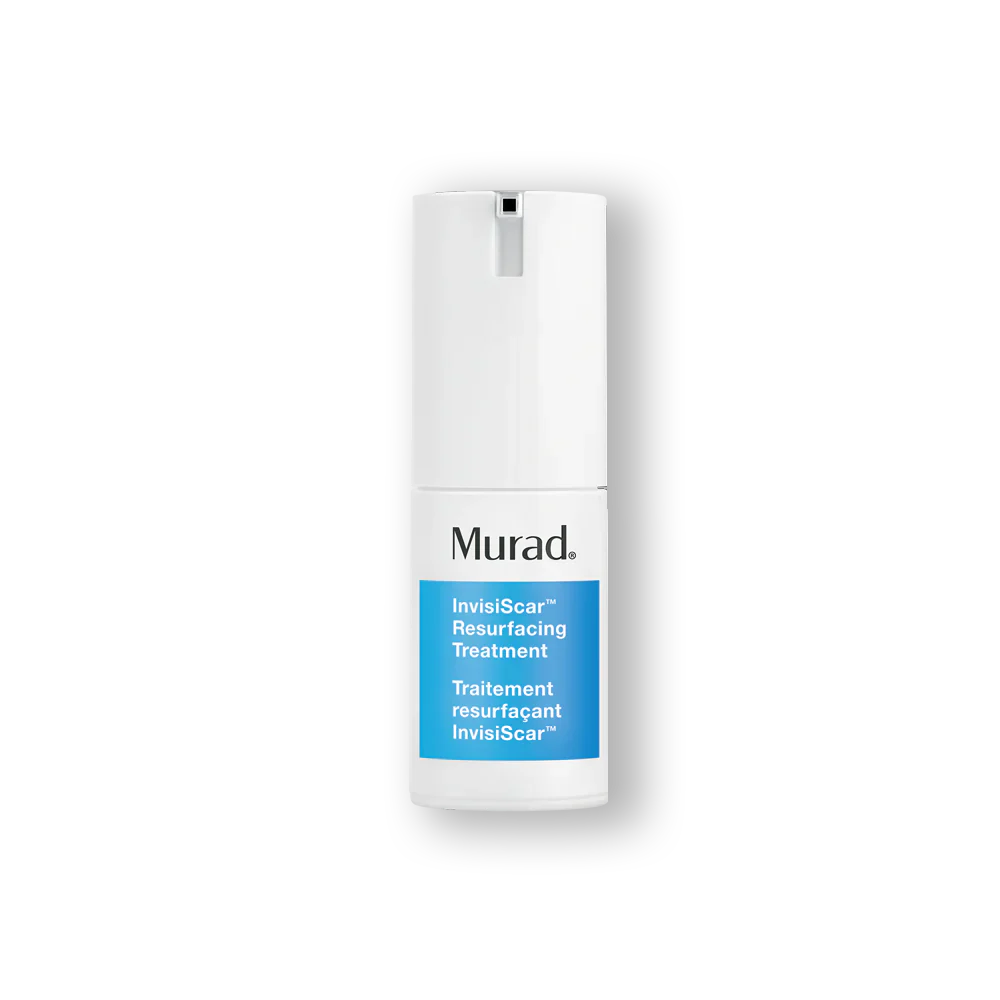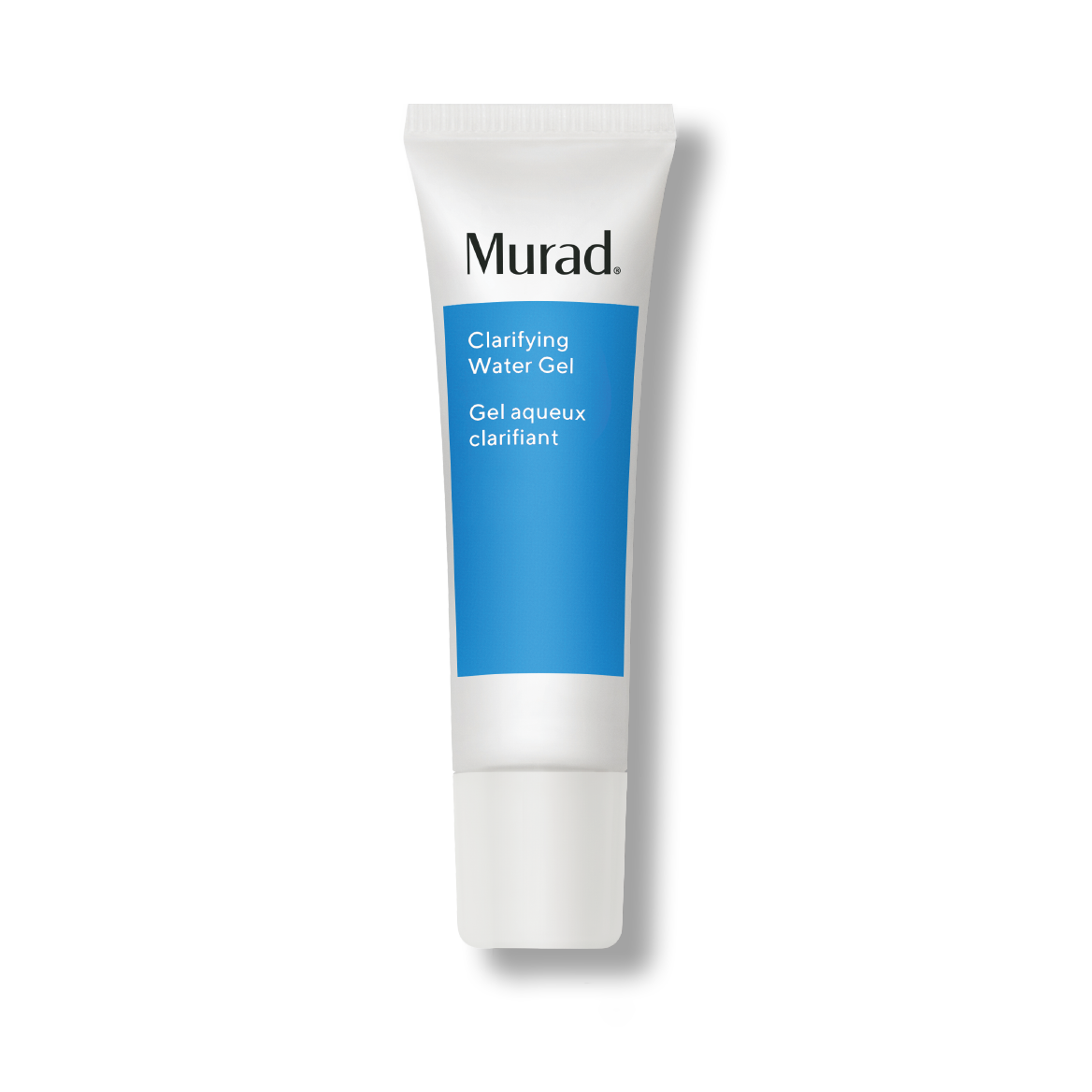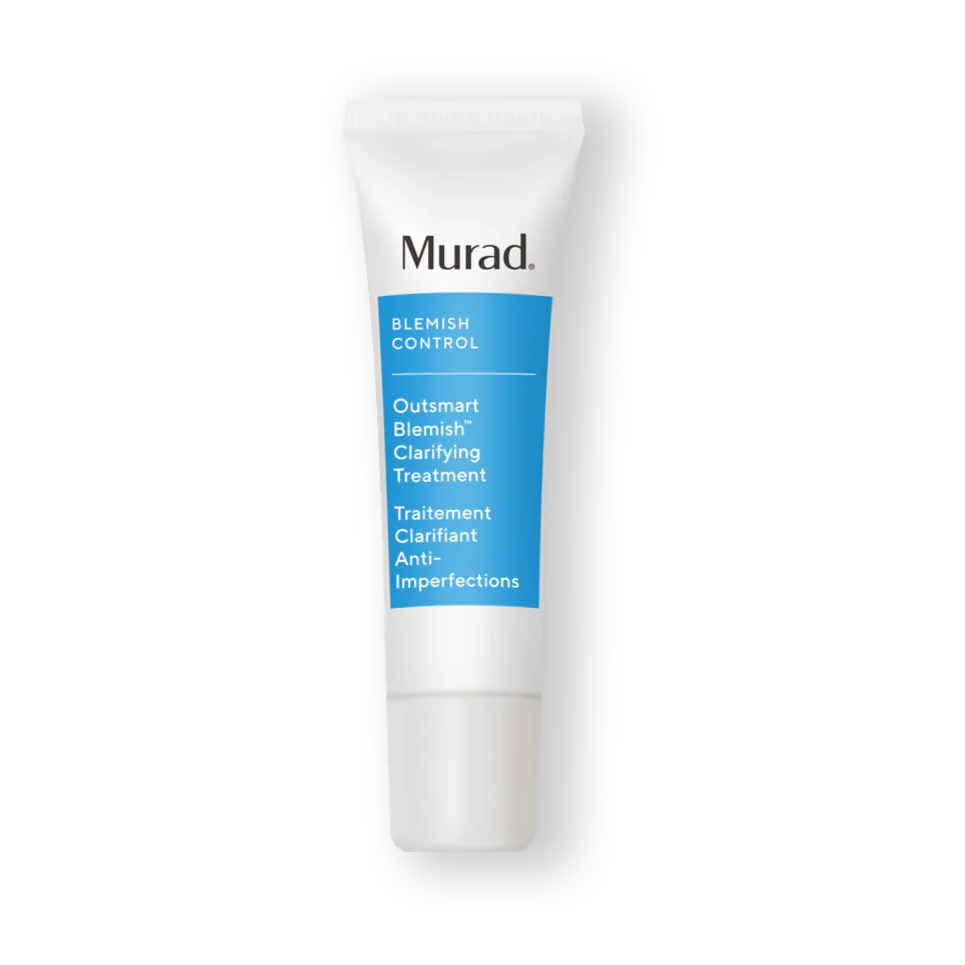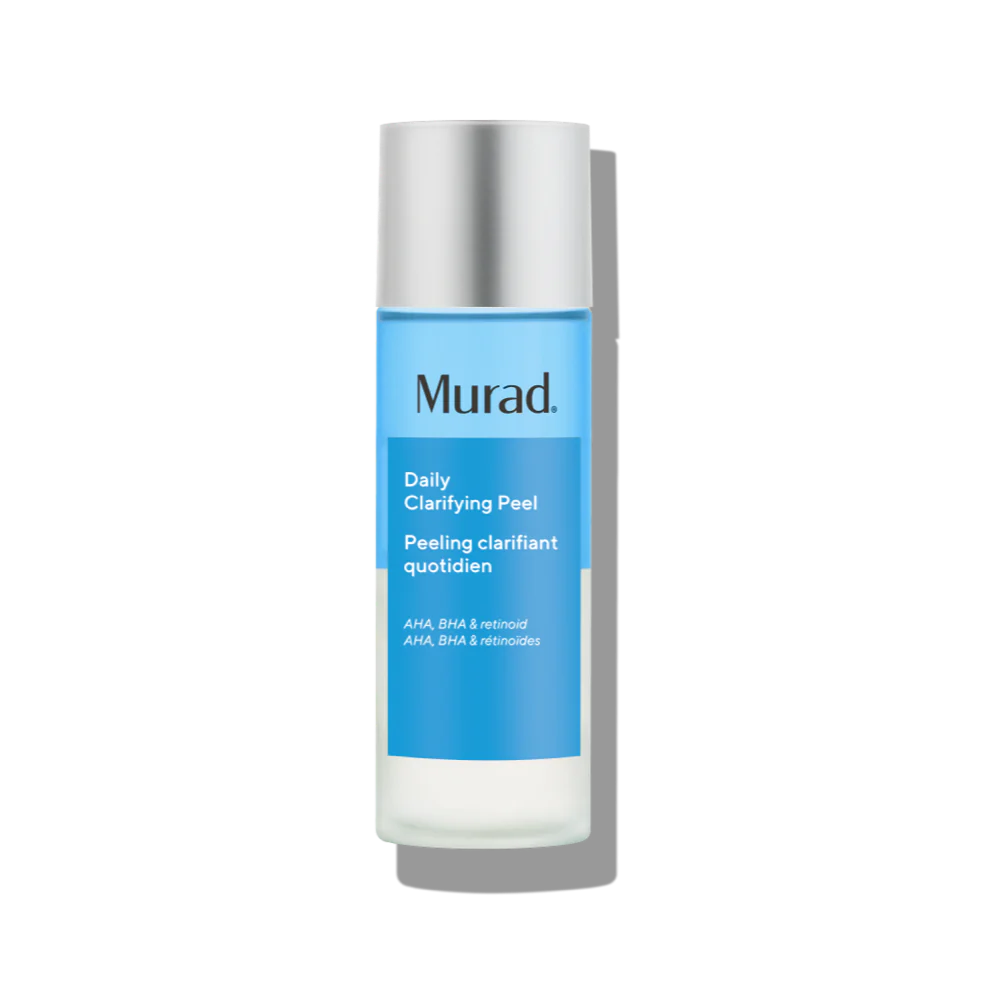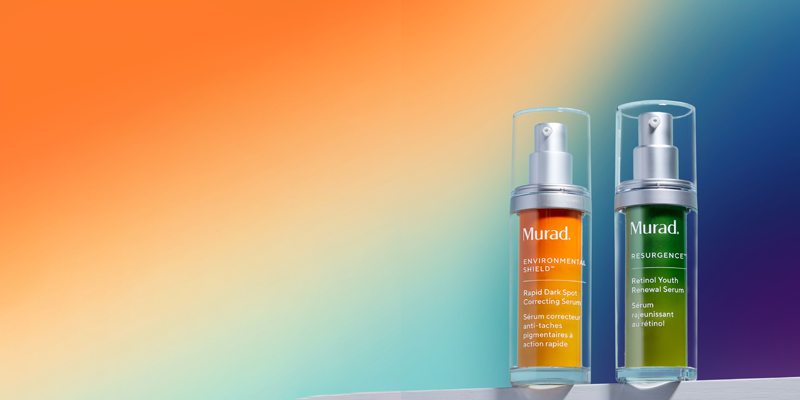Unpopular opinion: So you think meditation sucks

Like DIY sourdough, learning how to meditate skyrocketed in popularity during quarantine. And while it felt like all your in-the-know friends were raving about ohm-ing at home, you were dealing with a problematic truth: You really dislike meditation, and stillness and silence actually make your stress spike. “Many of my patients tell me that meditation is like hearing nails on a chalkboard,” says Dr. Sara Gottfried, a Harvard-educated, board-certified MD and author of three New York Times bestselling books. “If meditation isn’t for you, you’re not alone. There are many other ways to reset.” Here are a few of her favourite no-ohm alternatives:
01 Breathing in, while logging in
Sneaking stress relief into everyday activities can be like sneaking vegetables into casseroles—good for you and barely noticeable. “Every time I enter my passcode on my phone or enter a Zoom meeting, I do three rounds of belly breathing, where I inhale through my nose for a five-second count expanding my belly, and exhale through my mouth for a 10-second count,” Gottfried says. “Prolonging the exhale tells the nervous system to chill out.”
02 Let’s get physical
If stillness makes you anything but, try marrying meditation with movement. It can be as simple as taking your usual 10-minute walk around the neighbourhood to the next level. “Sense your arms, allow them to hang, and pay attention to the breath moving in and out of your lungs,” Gottfried says. “Do you hear any sounds nearby or from your movements? When your mind wanders, bring it back to your present sensations—sounds, visual cues, breath—and refocus.” On a related note, exercises like spin classes, sports such as lifting weights and even sex can similarly be made more meditative, too.
03 Game on
For more competitive types, try gamifying stress relief with a device called Muse—a brain-sensing headband that provides real-time feedback on your mental activity and other physiological indicators such as breathing and heart rate. “It can guide you to focus your attention on a nature sound,” Gottfried explains. “As you focus better and calm down, the waves get quieter, and you become calmer with each session. Then you get a score, which reviews what percent of time your brain was calm, neutral or active.”
04 Gut check
Give your gut the good stuff and stress relief can follow. “Consuming one to two grams of omega 3—such as extra virgin cod liver oil or wild caught salmon—per day has been shown to lower your cortisol level and improve vagal tone,” Gottfried says. (Side note: What is vagal tone? According to the peer-reviewed journal Frontiers in Psychology, it’s a critical component of the nervous system linked to cognitive, emotional and social health.)
05 Keep climbing the social ladder
While yet another Zoom brunch sounds as appealing as a dentist visit at this point, Gottfried says connecting with friends and fam should remain high on your list of stress-reducing priorities: “Be with your girlfriends or loved ones. It stimulates oxytocin, which is an ancient antidote to stress.”
When channelling your chill, remember: What works for your friends might not work for you—and that’s OK. Dr. Gottfried advises easing into it: “As you search for the right fit, set a goal of short duration—about 10 minutes—so it’s an easy win. And if you can’t do 10 minutes, don’t stress, start with five then.”
Jacki Marzano is SoCal-based storyteller and head copywriter at Murad Skincare. She's shaped the voice of some of the most recognized beauty brands in the business, has a penchant for sharing homemade cookies, and believes SPF is the secret to getting carded well into your 40s.

